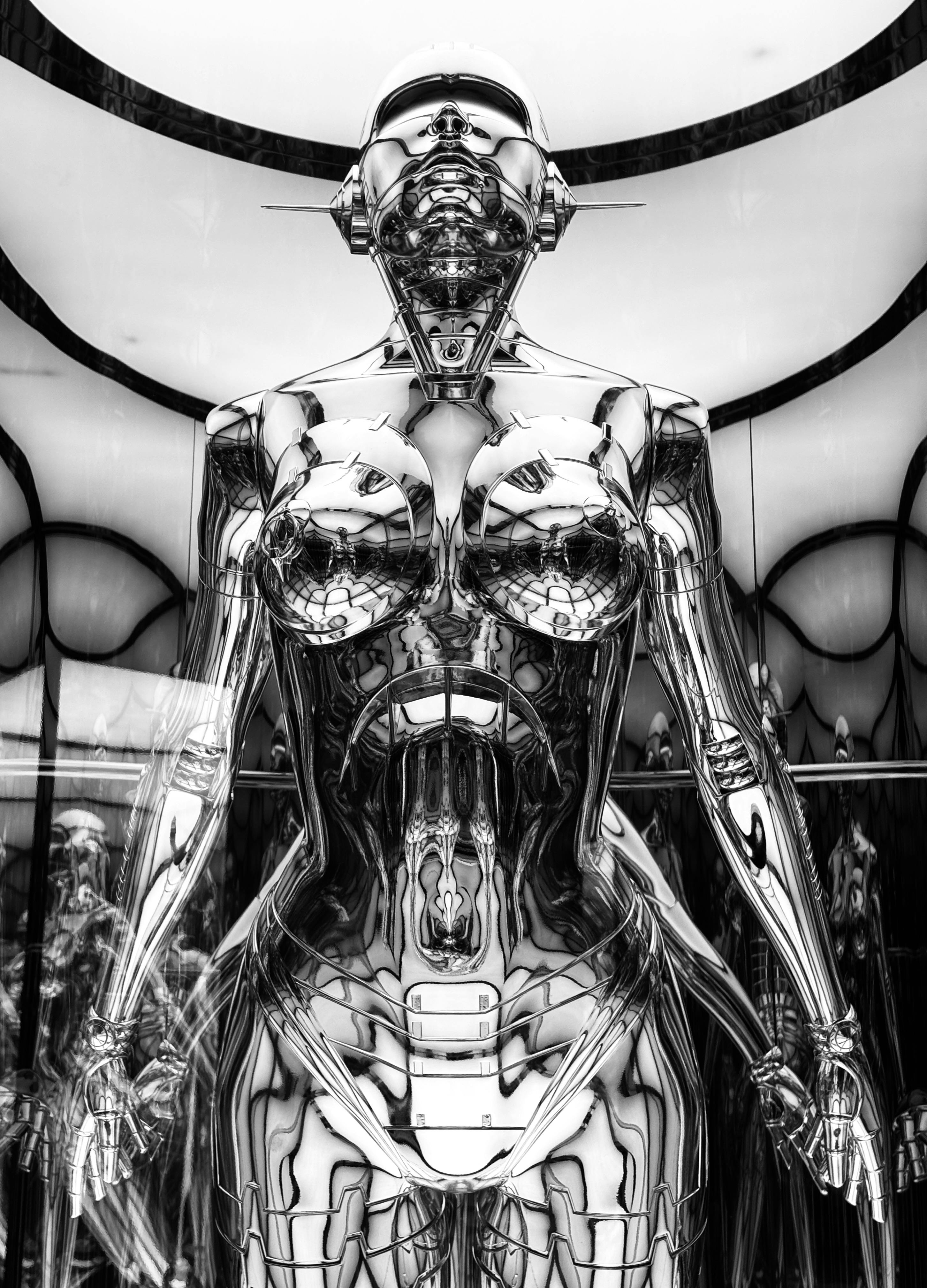
Introduction
Artificial Intelligence is transforming software development at an unprecedented pace. With AI-driven tools, coding automation is no longer a futuristic concept—it’s happening now.
Tech leaders are divided on the implications. Some suggest AI will take over 90% of programming tasks, while others warn that AI advancements could reduce the number of traditional software engineering jobs.
So, will AI make programmers obsolete, or will it create new opportunities? Let’s explore.
AI’s Role in Software Development
Automating Repetitive Coding Tasks
AI excels at handling boilerplate code, debugging, and auto-completing functions, allowing developers to focus on higher-level problem-solving.
- AI Coding Assistants: These AI coding assistants help generate code, suggest improvements, and even write entire functions with minimal human input.
- AI-Driven Code Reviews: Tools analyze and optimize code, reducing human effort in debugging and testing.
- Low-Code & No-Code Platforms: AI-powered platforms enable businesses to build applications with minimal coding knowledge.
Impact on Software Engineering Jobs
While AI improves efficiency, it also raises concerns about job security. Experts predict that software engineers will need to adapt:
“Each developer will do much more, but over time, fewer traditional coding roles may be needed.”
Rather than eliminating programming altogether, AI is shifting the skill set required. Developers must now:
✅ Master AI tools like coding assistants to remain competitive.
✅ Focus on strategic problem-solving rather than repetitive coding.
✅ Adapt to new AI-driven development workflows.
Opportunities & Challenges
Opportunities for Developers
🔹 Increased Productivity: AI accelerates coding, debugging, and testing.
🔹 New Specializations: Roles like AI software architect and prompt engineer are emerging.
🔹 Greater Focus on Innovation: Developers can shift from mundane tasks to creative problem-solving.
Challenges to Overcome
⚠️ Entry-Level Jobs at Risk: Junior developers may find it harder to gain experience as AI handles simpler tasks.
⚠️ Ethical Concerns: Bias in AI-generated code could lead to unintended consequences.
⚠️ Skill Adaptation Required: Developers must continuously upskill to stay relevant.
The Future of AI in Coding
AI will enhance rather than completely replace software engineers. The demand for creative problem-solving, AI integration, and system architecture will grow.
Companies that embrace AI while upskilling their workforce will thrive in this new era of development.
Conclusion
The debate continues: will AI replace programmers or empower them? While AI will handle routine coding tasks, human creativity and strategic thinking will remain invaluable.
